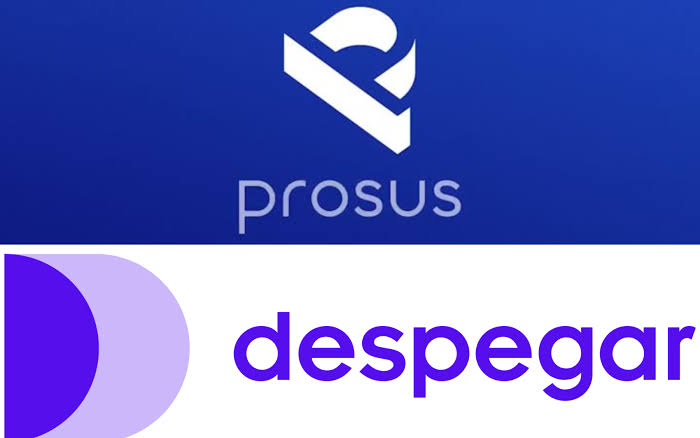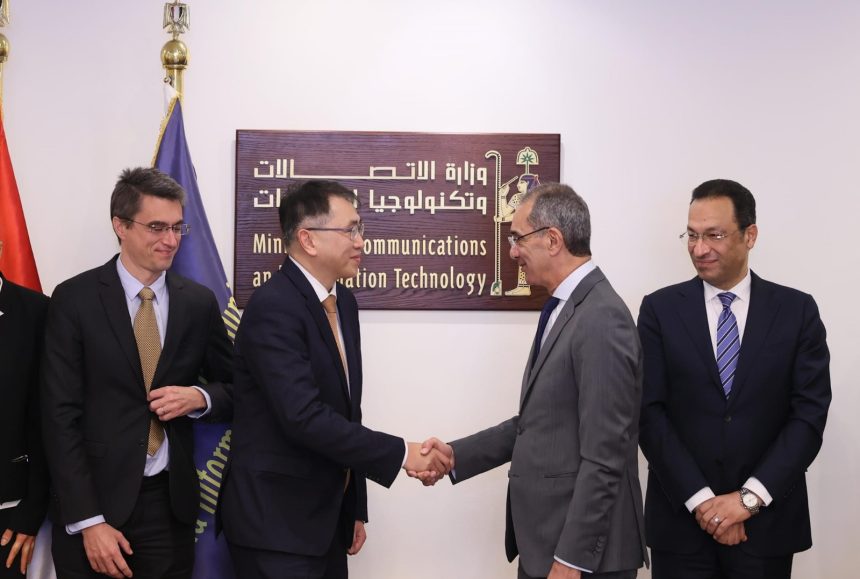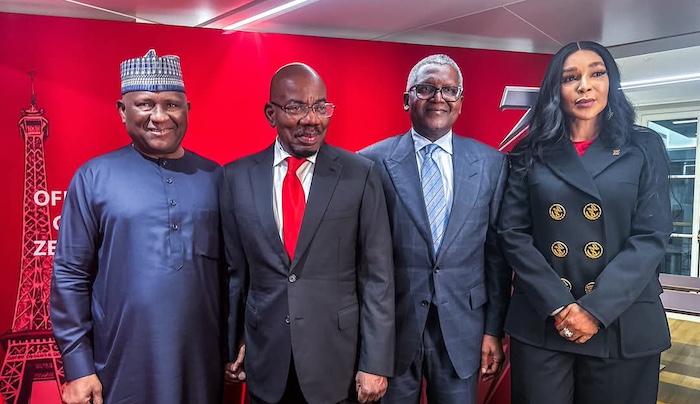Zenith Bank Plc has officially opened its latest branch in Paris on November 27, 2024, marking a significant step in the bank’s global expansion strategy. This Third-Country Branch (TCB) aims to strengthen the bank’s presence in Europe and boost Franco-African trade relations.
The establishment of the Third-Country Branch (TCB) in Paris follows the signing of a Memorandum of Understanding (MoU) between French Trade Minister Olivier Becht and Zenith Bank (UK) Limited Chairman Jim Ovia in November 2023.
Read also: Winners emerge from Zenith Bank hackathon, receive N77.5m
The branch was finally approved by France’s banking regulator, ACPR, in September 2024.
According to the Franco-Nigeria Chamber of Commerce and Industry (FNCCI), Nigeria makes up 20 percent of France’s commerce with Sub-Saharan Africa, hence the Paris branch establishment is a strategic move to improve Franco-African trade relations.
Official inauguration during President Tinubu’s visit
The inauguration ceremony was held on November 27, 2024, during President Bola Tinubu’s state visit to France.
Nigeria’s Minister of Finance and Coordinating Minister of the Economy, Wale Edun, conducted the ceremony, emphasising that the Paris branch is a symbol of the trust being built for Nigerian institutions worldwide.
He noted that the new branch would foster stronger business relations between France and Africa, particularly in facilitating trade and investment opportunities.
“The opening of Zenith Bank, Paris, a Third-Country Branch (TCB) of Zenith Bank (UK) Limited, a subsidiary of Zenith Bank Plc, represents a key milestone in the bank’s global growth strategy and underscores its commitment to serving clients in the European region,” the statement reads.
Speaking at the function, Edun stated that “one of the dividends of building trust for Nigerian institutions around the world” is the inauguration of the Paris branch.
“The presence of Zenith here can only help to engender trust of the French business community. They can learn about the opportunities in Africa, and of course, the entry into Nigeria can be facilitated,” the minister said.
“We are happy and we are glad that we are all here to participate in this historic occasion.”
A key milestone in Zenith Bank’s global strategy
Adaora Umeoji, Zenith Bank’s Group Managing Director and CEO, highlighted that the opening of the Paris branch is a key component of the bank’s broader strategy to expand into major global financial centers.
“The opening of this Paris branch is part of the broad strategy of the Bank to extend its footprints across the major global financial centres and our efforts at following our customers’ businesses,” Umeoji said.
“Paris branch opening underpins the need to serve our customers and bolster trade and finance relationships between our customers in France and other countries,” she emphasised.
Read also: Wema Bank celebrates innovation and inclusion at Hackaholics 5.0 finale
The bank’s Paris location is a crucial asset
“The bank’s Paris location is a crucial asset when it comes to doing business between our two countries, or when it comes to doing business between our two continents,” according to Bertrand Dumont, Director-General of the French treasury.
“So, I would like to wish you the best in this endeavour, in this creation, and I hope that in the coming months or the coming year, you will invite me again for the integration of larger buildings as a sign of the success that you would have encountered,” Dumont added.
Dangote congratulates Zenith Bank
The chairman of the Dangote Group, Aliko Dangote, also congratulated the bank on the achievement.
He said that the calculated action will strengthen the banking industry and spur further expansion.
Leveraging Zenith Bank’s vast global network, the new office will provide all-inclusive services to individual and corporate clients throughout Europe, including corporate banking, trade finance, and treasury services.









